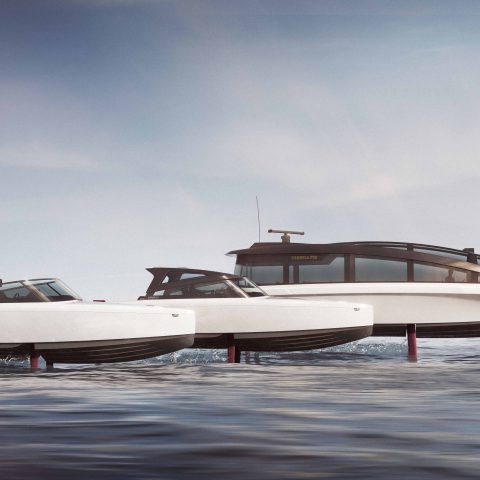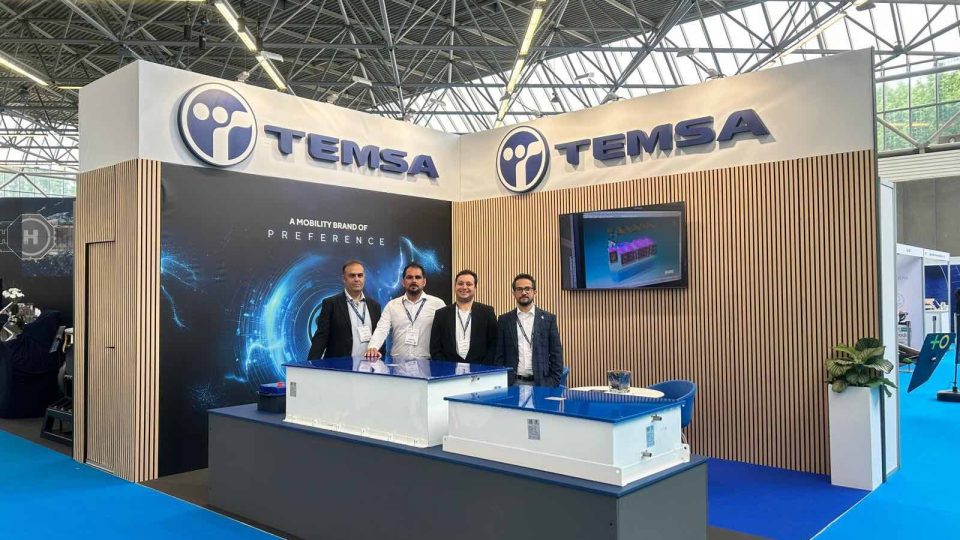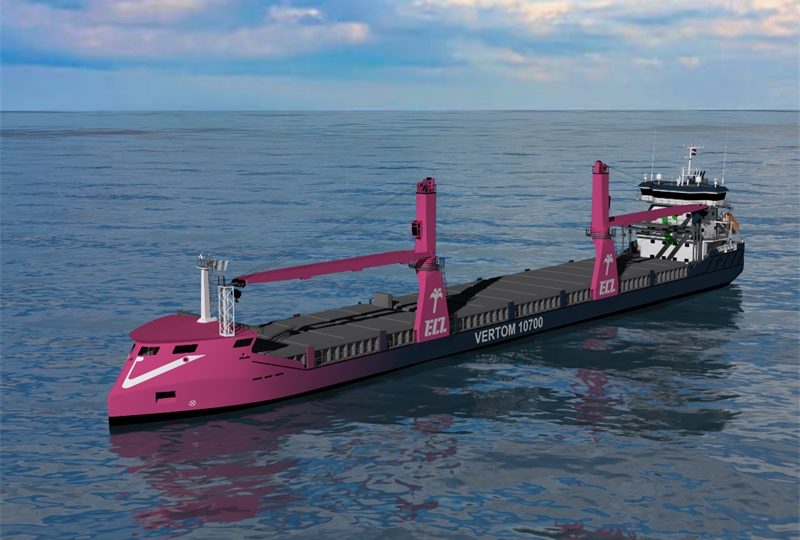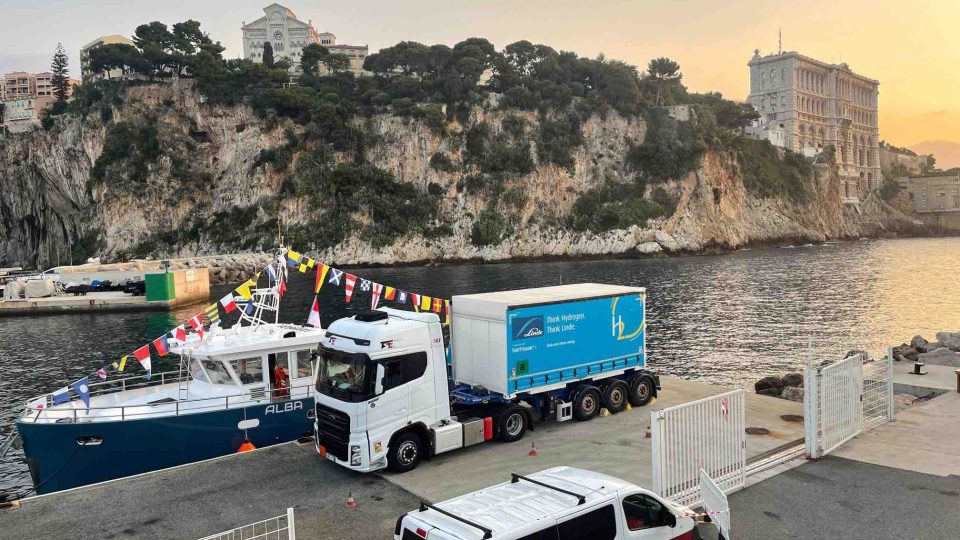Watercraft maker Candela secures investment to scale production of foiling vessels
Swedish firm Candela has announced it has raised €24M, led by EQT Ventures, with participation from existing investor Chris Anderson, the Curator of TED.

Swedish firm Candela – known for cracking the code for long-range electric crafts and topping electric boat sales – has announced it has raised €24M, led by EQT Ventures, with participation from existing investor Chris Anderson, the Curator of TED. The new capital will boost the company’s already substantial cash influx from sales and will be used to triple R&D, invest in production automation and scale up the sales organisation to meet demand for Candela’s electric leisure and commercial vessels worldwide.
The shift to zero emission boats and ships has been hampered by the enormous energy consumption and correspondingly low range of conventional electric boats. Flying on computer-guided underwater wings – known as hydrofoils – that reduce energy consumption by 80% compared to conventional planing craft, Candela’s vessels soar above the waves in silence with 2-3 times longer endurance than the best conventional electric powerboats. The active hydrofoil system stabilises the vessels in-flight using computer power and advanced software that accounts for waves and side winds, allowing for a wake-free and smoother ride than conventional boats.
Over the past three years, Candela’s high-tech hydrofoil vessels have disrupted the global boating industry by being the first to offer the elusive combination of long all-electric range and high speed. Since 2019, Candela has led electric boat sales in Europe with its foiling C-7 sportsboat. Now, the company is building on this success with the mass market Candela C-8, a day cruiser that the company has close to 100 orders for, just three months after launch.
Candela: the new investment
The new investment will be used to triple Candela’s fast-growing R&D team that consists of leading engineers from the aerospace, software, and electronics industries. Funds will also be allocated to complement the company’s Stockholm facility with an additional highly automated factory, which will produce the Candela C-8 alongside the commercial vessels launched earlier this year: the shuttle ferry Candela P-30 and the water taxi Candela P-12.
By scaling its mature and market-proven hydrofoil tech to commercial vessels, Candela envisions to have a big impact on the sizable CO2 emissions caused by fast coastal shipping worldwide. Marine transports are responsible for 4 to 5 percent of the world’s annual Co2 emissions. By combining sustainability with lower operational costs, Candela foresees that the company’s electric passenger vessels will drive the transition away from ICE ships even faster than for leisure boats.
The Candela P-30 ferry – the world’s first electric hydrofoil passenger vessel – has been commissioned by the Region of Stockholm, where it is set to commence traffic in 2023. It will shuttle passengers to and from the city’s vast archipelago. According to the Region’s calculations, Candela P-30’s energy-saving hydrofoil system will shed operational costs by 42% compared to current diesel vessels, as well as allow for faster travel and more frequent departures.
Gustav Hasselskog, CEO of Candela, commented: “We’ve shown that our hydrofoil tech is the key to make electric boats commercially viable. We’re seeing boundless demand for the Candela C-8, as well as huge interest in our commercial vessels. The investment from EQT Ventures will allow us to double down on our mission to speed up the transition to fossil fuel-free lakes and oceans. It took us four years to develop the technology and two more years to master it. Now we are ready to scale up fast.”











